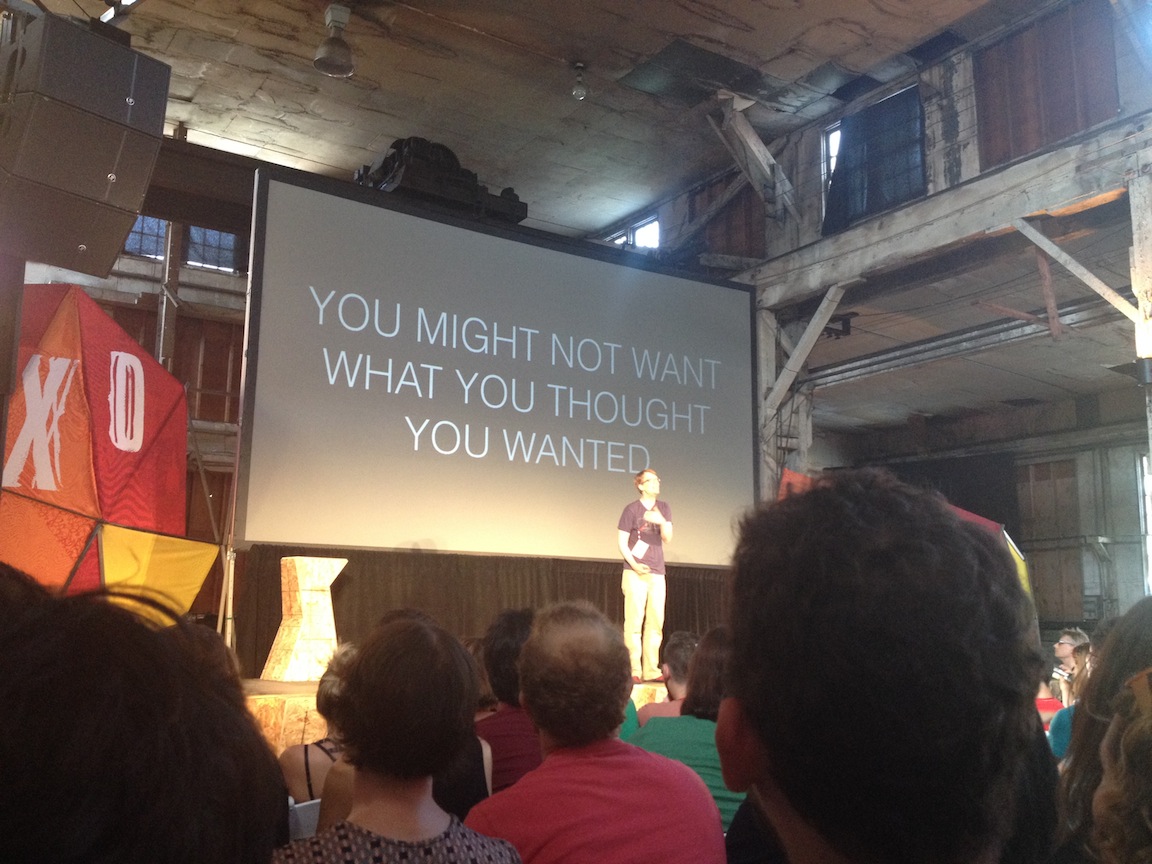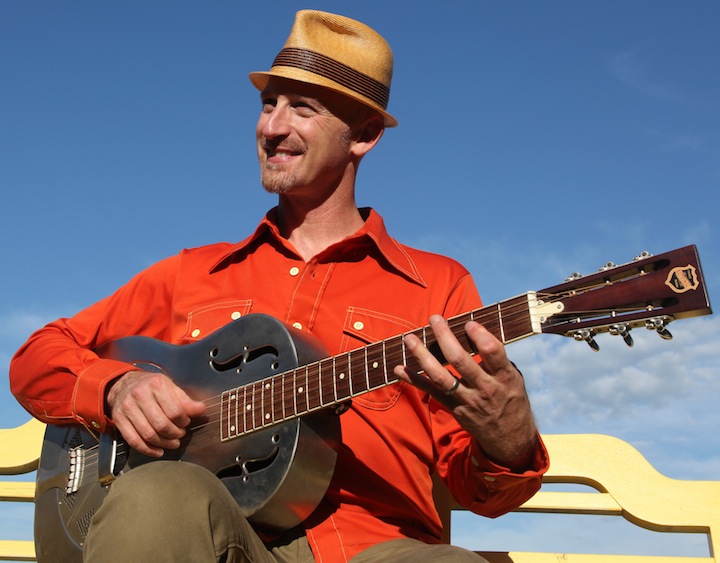I like that idea, that the songs take you places… So, your last couple albums had a Spanish-language focus, what drew you to the idea of a literacy and reading-themed album, The Bossy E?
Well, part of my desire since I started off on this path has been to meld my interest in education with my background as a musician, performer, and writer. Coming out of the family I did, reading and writing, making up my own story, that was something that captivated me, that was respected and admired in the household.
To a larger extent, as we've traveled around and outside the country, it's alarming to me to see to what extent music and art are no longer part of a school experience and to what extent kids are spending time in front of a screen. In retrospect, I had this unusual childhood in which reading was so valued and creativity was so appreciated. It's just immediately apparent to me as I do these songwriting workshops in the schools where I invent 3 or 4 songs right on the spot, where we'll write a song about whatever, an experience where kids' ideas become part of a creative process. I think it all comes back to reading -- if you know how to read and write, that opens the door to everything in terms of autonomous thinking and creativity.
I've been writing a lot of music since I've started, 40 or 50 songs that I had and realized that a lot of them that deals with that… like my song "Video Games," -- it's a cautionary tale about what could happen if you spend too much time watching video games. Or "Standing on Top of My Head," it's not about reading, it's about creativity and its power to take you wherever you want to go. I wanted the music to be about learning and fun, with the learning being transparent -- you never want to make it heavy-handed. It's a platform for saying how important -- and how fun -- it is to read, to write, and to express yourself creatively. Kids are immediately open and receptive to that if they get an opportunity.
Was there a particular theme other than literacy in mind?
There were songs about reading, but a lot of them were just about imagination, and that's a theme that I've touched upon in other songs, like "Blast Off" from Bugs. So I think the album's got a broader theme than just literacy and advocacy and it's a little more expansive, trying to empower kids, if they don't feel this way already, to recognize the power they have to use their imagination to express themselves creatively and in entertaining ways.
You have a couple cool guests on the record -- Charles Neville and Massamba Diop -- and I'm curious how they ended up appearing on the record.
Charles moved out to our area after Katrina, and so I just called him up -- I'd met him in passing a few times -- and he called right back. His tracks are extraordinary and you get a sense of what a special person he is. As a person, his humanity and presence are amazing. With Charles, that's very moving to me. I've been a bit of a Neville Brothers fanatic and to me they represent a perfect blend of funk and soul and different influences -- to me, they're the ultimate American roots band. And there's something about his playing in particular that's always been particularly moving to me. So that was a bit of a lifetime thrill for me to come to the house and the studio and to hit it off with him so much. And then on top of that to chat after the session and to hear his thoughts about the role music and creativity and reading and how meaningful that is for kids was great.
Massamba I'd met several times. There's a terrific drummer who lives across the street from me named Tony Vaga who has spent a lot of time in Africa -- Tony plays on this record, too. Tony's had a long-standing back-and-forth with some of the greatest Senagalese musicians, Massamba being one of them. Massamba was here to play some shows, and I've been trying to get him over here, just trying to make the timing work. So he had one day that overlapped, and he came over, and we [played].
We're traveling more internationally these days than I ever did playing for adults. The cliche that music is the universal language I'm finding to be completely true with folks like Massamba. It's really inspiring.
I'm curious -- when you talk to these internationally known stars, what is the reaction you get from musicians not hooked into the kids music world -- do they need convincing, or do they say, "It's music, it's all good." Do they care?
In my experience, musicians… The guys who are the rhythm section on all the Mister G albums, they're maybe not "stars," but they're all top New York session guys, like playing for Suzanne Vega and Cyndi Lauper. What they respond to is the music -- if the music excites them, then they're excited.
I've found that with "adult" music, the lyrics, whether they tune into them or not, it's secondary to the musicians. But with kids music, it flips a little. With Charles and Massamba, they're both global citizens and so cognizant of the role music played in taking them from New Orleans or a little village to see the world. They're musical ambassadors and really care a lot about kids. I find that they're tuning into the lyrics when we take a break and finding them meaningful and important in a way that a lot of pop songs don't have. These guys who don't typically inhabit that space, if they're turned on by the song, by the groove, by the track itself, really get a charge out of it. Which has been thrilling to me. I still feel like all of us in the kids community need to keep working to fight against this perception that kids music is somehow "less than" and can be taken less seriously. There's some sense of discrimination of what this means. So that's part of what drives me. No compromises, bring it to the highest level I can.
Which do you prefer more, playing live -- you've got a really energetic, fun live show -- or do you prefer the songwriting workshops?
For me, it's always the performing. I love both -- I love every aspect -- but if I had to choose only one thing, it'd be playing concerts, no doubt.
What's next for you?
This summer's busy -- the record just came out, record release show in Philadelphia, show in Brooklyn, shows back in Pennsylvania, then we're home for a few days, then a national tour. Shows in the Bay Area, Getty Museum in LA, then Portland, and the tour continues through the fall. We're working on turning some of the songs into children's books, which we're very excited about. And then we've got some other projects percolating, both bilingual and otherwise.
















